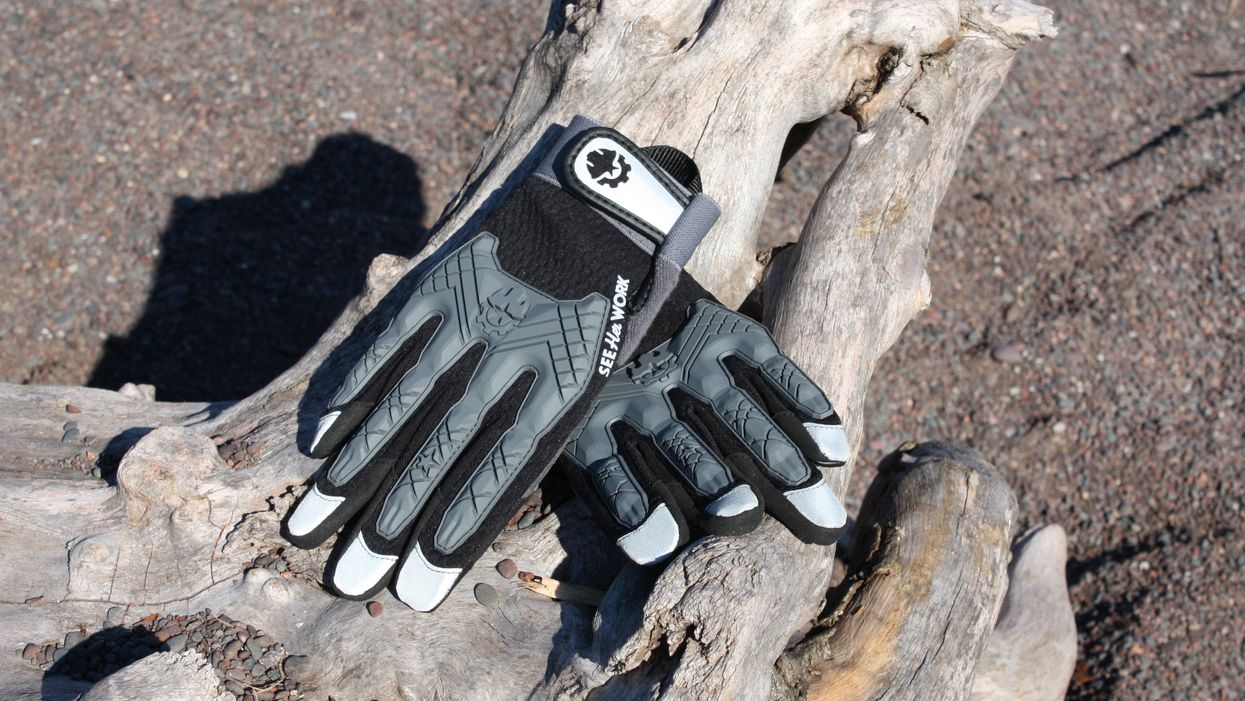10+ can't-miss Houston business and innovation events for February
WHERE TO BE
From talks with the hall-of-fame beauty business founders to agtech and AI summits, Houston will host a number of events focused on innovation and innovators in February.
Here’s what not to miss and how to register.
Note: This post might be updated to add more events.
Feb. 7 – SheSpace Offsite: Coffee & Connection
Get out of the office and head over to Midtown network with fellow SheSpace members and working women via coffee and conversation.
This event is Friday, Feb. 7, from 2-4 p.m. at Kefita Coffee. RSVP here.
Feb. 11 – Texas Business Hall of Fame x Ion: Creators Series with Founders Janet Gurwitch (Laura Mercier) and Tiffany Masterson (Drunk Elephant)
Take part in Texas Business Hall of Fame’s launch of its Creators 2025 speaker series. Janet Gurwitch, founder of Laura Mercier, and Tiffany Masterson, founder of Drunk Elephant, will discuss lessons learned while building their global retail brands and their successful exits.
This event is Tuesday, Feb. 11, from 8–10 a.m. at the Ion. Register here.
Feb. 11 – How to Start a Startup
Gain insight from Mercury Fund’s Heath Butler and stick around for a happy hour afterward. This session, originally scheduled for Jan. 21, is geared toward entrepreneurs, small business owners, investors and academic partners
This event is Tuesday, Feb. 11, from 5:30–7 p.m. at the Ion. Register here.
Feb. 15 – Ion Family Tech Day: Youth Entrepreneurship with Lemonade Day University
Bring the whole family out to the Ion for a family-friendly entrepreneurial workshop with Lemonade Day. Kids can compete in a pitch competition to win free supplies, and trained instructors will coach kids on how to set goals, develop a business or marketing plan and budget, create a brand, save and invest money, and more.
This event is Saturday, Feb. 15, from 10 a.m.–12:30 p.m. at the Ion. Register here.
Feb. 18 — Female Founders and Friends
Connect with like-minded female founders, funders, and allies at this recurring event. Female Founders & Friends is open to all industries and coffee is provided.
This event is Tuesday, Feb. 18, at 9 a.m. at Sesh Coworking. Register here.
Feb. 20 — Diaspora Africa Conference
Come together to hear inspiring speakers, participate in interactive workshops and network with others who are passionate about African heritage and the contributions of the African diaspora. This event will showcase African innovation and allow attendees to connect with funding sources actively seeking high-growth opportunities in Africa.
This event is Thursday, Feb. 20, from 9 a.m.–6 p.m. at the Ion. Register here.
Feb 20–21 — TMC AI Summit 2025
The TMC AI Summit aims to translate advanced AI innovations into practical solutions for real-world biomedical and health care challenges by bringing together researchers, clinicians, and industry leaders. The event features various workshops and tracks with keynote speakers from Rice University, UTHealth, Microsoft Health Futures and other organizations.
This event is Thursday, Feb. 20, from noon–7 p.m. and Friday, Feb. 21, from 8 a.m.–5 p.m. at TMC Helix Park in the TMC3 Collaborative Building. Register here.
Feb. 25 — Houston Methodist Leadership Speaker Series at Ion - Tesha Montgomery
Hear from Houston Methodist’s SVP of System Patient Access about how the health care system is approaching improvements to patient access and highlighting women in health care leadership. Audiences can participate in a 30-minute discussion following Montgomery’s remarks.
This event is Tuesday, Feb. 25, from 4:45–6 p.m. at the Houston Methodist Tech Hub at the Ion. Register here.
Feb. 26 — Inaugural HTX AgTech Rodeo Innovation Summit 2025
Network with farmers, founders, startups and investors at the first-ever HTX AgTech Rodeo Innovation Summit. The all-day event will feature panels, fireside chats, a Saddle Up Pitch Competition and reception with live music.
This event is Wednesday, Feb. 26, from 8:30 a.m.–8 p.m. Find more information and register here.
Feb. 27 — NASA Tech Talks
Every fourth Thursday of the month, NASA experts, including longtime engineer Montgomery Goforth, present on technology development challenges challenges NASA’s Johnson Space Center and the larger aerospace community are facing and how they can be leveraged by Houston’s innovation community. Stick around after for drinks and networking at Second Draught.
This event is Thursday, Feb. 27, from 6-7 p.m. at the Ion. Register here.
Feb. 27–28 – QVIDTVM x The Ion: Inaugural Hack Day Competition
Investment firm QVIDTVM and the Ion are calling all data scientists, analysts, developers and innovators to a new hack day. Participants will aim to find the total value of real estate platformed by Airbnb globally and can participate in a Fireside Chat on AI with Nick King, founder and CEO of Data Kinetic. Teams can include up to four people and prizes for first through third place will be awarded.
This event is Thursday, Feb. 27, at 9:30 a.m. until Friday, Feb. 28, at 5 p.m. at the Ion. Register here.







